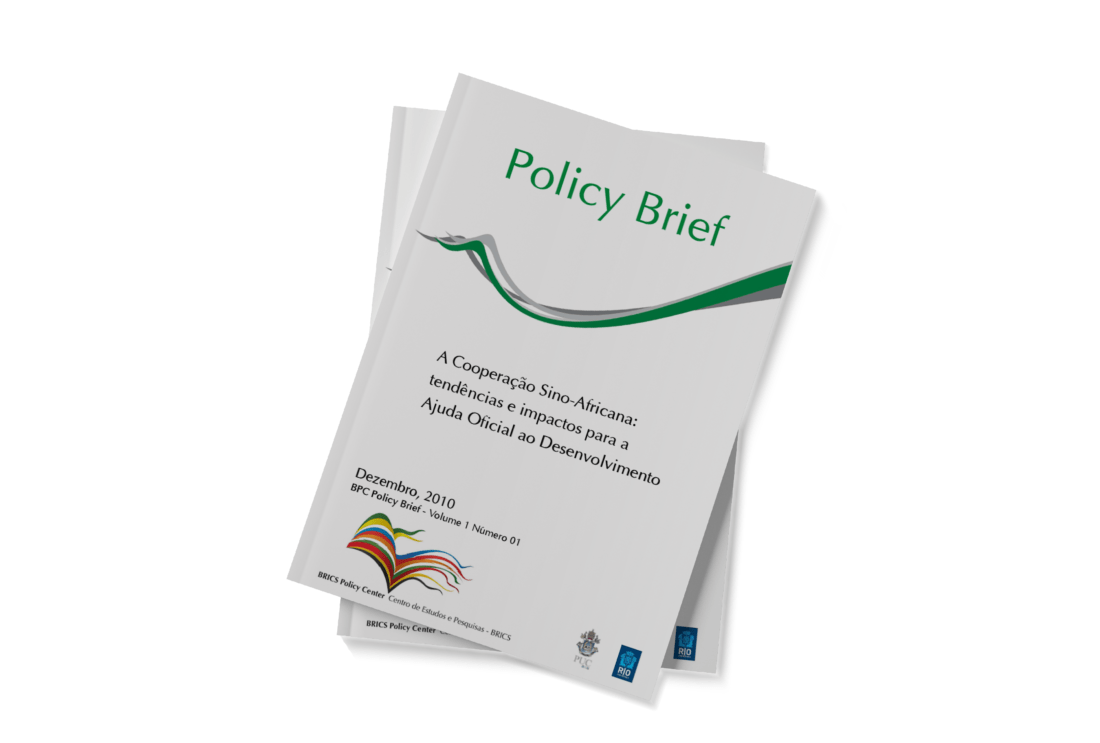
Sino-African Cooperation: Trends and Impacts for Official Development Assistance
The Chinese presence in Africa has, since the last century, promoted projects in the infrastructure, natural resources, agriculture and the textile industry sectors. In fact, since the Cold War, it is possible to notice the Chinese presence in Africa, although at that time its actions had strictly political motivations. Under the logic of the bipolar world, Chinese action in Africa focused on sustaining national liberation movements. At that time, the idea of the “third world” was presented as an alternative to bipolarity, in order to bring the non-aligned countries closer together. In 1955, the Bandung Conference was held and trade agreements were signed with North African countries and relationships with some anti-colonial movements in Southern Africa. In the 1960s, after the Cultural Revolution, China and the Soviet Union began to dispute influence over the African continent.
The following decade, exploring of the image of an intermediary country, China began a foreign policy with a developmental emphasis. Although during the 1980s, faced with economic problems, China was forced to decrease its presence in Africa; after the Cold War, the country resumed its interest in the African continent. At that moment, the ideological bias of Sino-African relations was replaced by an economic emphasis. By adopting a development model characterized by non-political intervention and the defense of state autonomy, China inaugurated a new pattern of relationship with African countries. Since the beginning of the last decade, Chinese capital flows to Africa have grown exponentially, both in terms of Foreign Direct Investment and Official Development Assistance.
In 2000, the institutionalization of these relations was marked by the inauguration of the China-Africa Cooperation Forum (FOCAC) and its first ministerial meeting in Beijing. In 2003, in parallel to the second ministerial meeting in Ethiopia, the first China-Africa Economic Conference was held. In 2006, the China-Africa Cooperation Summit, the third FOCAC ministerial meeting and the establishment of the China-Africa Development Fund took place in Beijing. From this historical framework, this Policy Brief seeks to analyze Sino-African relations by emphasizing their main trends and their possible impacts on development aid practices in general and on technical cooperation in particular.
Available only in Portuguese.


